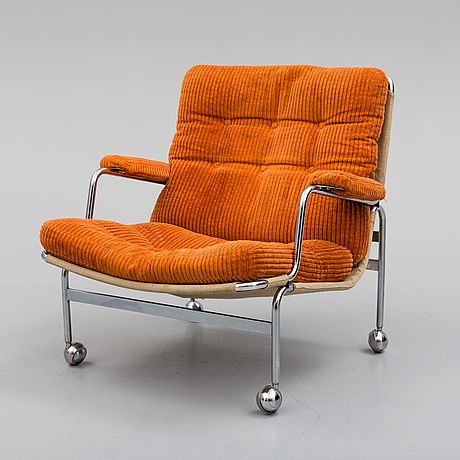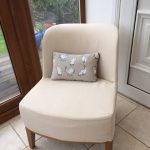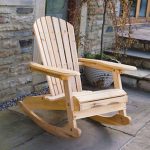The CH25 Chair, commonly known as the Easy Chair, is one of the lesser known designs by Hans J. Wegner. The chair perfectly embodies the principles of Scandinavian design. It’s simple, appealing, functional and made from sustainable resources. Therefore, the armchair can be seen as an archetype of Nordic furniture.
story
Hans J. Wegner, nicknamed “The Master of the Chair”, designed the armchair. It was his great passion for chair design that eventually made Wegner a legendary figure in Danish modernism and a world-famous furniture designer. He created more than 500 chairs, many of which went into mass production. His outstanding work helped establish his home country as the international market leader for modern design. The armchair was one of the first four chairs that Wegner designed especially for the furniture company Carl Hansen & Søn. Wegner designed the CH25 in 1950 within the first three weeks of his collaboration with the Danish manufacturer as a lightweight, sculptural replacement for the heavy, fully upholstered lounge chairs popular at the time. In the same year the armchair was presented to the public. Because of its warm reception, the chair immediately went into mass production and enjoyed immediate commercial success. The CH25 has been in production ever since.
design
The design of the armchair has been reduced to the essentials, which means that the shape of the chair is very minimalist and pure. Its design embodies the famous credo of its creator: “A chair should not have a rear view. It should be beautiful from all angles and angles. “Indeed, with its famous organic shape, the chair is very appealing and stylish from every angle. Its design remains true to Wegner’s original sketches and drawings to this day. Light, attractive and comfortable lounge chair that speaks for itself of everyday containment. He feels is just as modern today as it was half a century ago. An excellent example of Wegner’s constant pursuit of organic simplicity in order to create sculptural beauty, comfort and outstanding stability. The armchair is further proof that Hans J. Wegner was in relation to his time was way ahead of the design of wooden furniture. The chair’s minimalist and no-nonsense appearance may lead one to believe that it is relatively easy to manufacture, which is very far from the truth. The chair requires a perfect craftsmanship and a thorough understanding of woodworking The manufacturing process involves numerous steps that v by skilled craftsmen to bring this classic to life.
The chair, whose distinctive shape resembles a deck chair, was mainly designed to allow comfortable sitting in the lounge. The high level of comfort is due to the sloping, generous armrests and the hand-woven seat and backrest. Approx. 400 meters of paper twine are used to make it, a permanent replacement for jute that was developed during World War II. The cord is available in the natural color beige or can be painted black. The slightly curved rear legs as well as the sides of the seat shell and the backrest are made from one piece of wood. The front legs of the chair, which support the seat shell and the armrests, are spanned together with the rectangular slat. All four legs are slightly tapered at the bottom. The chair uses high quality natural materials and is designed to last for generations. It is available in oak in various finishes: oil, soap, stained black, white oil, lacquer and smoke oil.
The modest yet unmistakable design, combined with the impeccable quality of craftsmanship, has given the chair a very special place in the history of interior design. This timeless piece of furniture still looks fresh and appealing and is a great, tasteful addition to any modern interior.
 decorafit.com Design ideas for your home and patio
decorafit.com Design ideas for your home and patio












